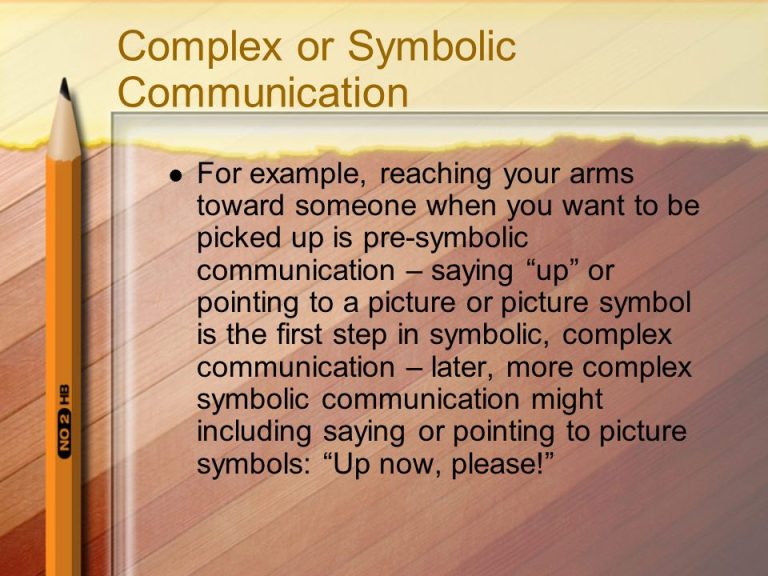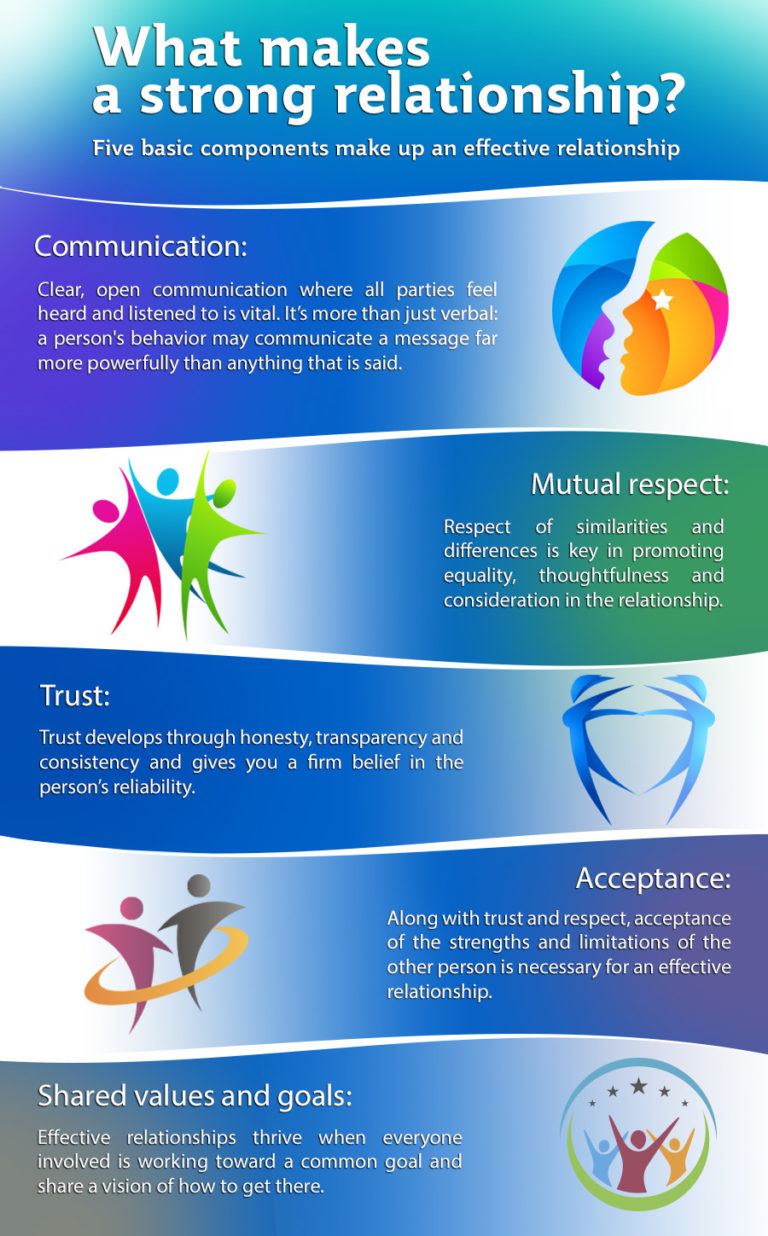Why is Tone of Voice Important in Nonverbal Communication
Tone of voice is crucial in nonverbal communication as it conveys emotions and attitudes effectively. It helps establish clear and meaningful connections.
In everyday interactions, the way we speak, our pitch, volume, and intonation play a significant role in how our message is perceived. A pleasant tone can make the listener feel comfortable and engaged, while a harsh tone can create tension and misunderstanding.
By understanding the importance of tone of voice, individuals can enhance their communication skills, build stronger relationships, and ensure their messages are received in the intended manner. This article explores why tone of voice is vital in nonverbal communication and offers insights on how to use it effectively.

Credit: socialskillscenter.com
The Role Of Tone In Communication
Impact Of Tone On Nonverbal Communication
Nonverbal communication plays a crucial role in how we convey and interpret messages. Tone of voice, a primary element of nonverbal communication, significantly impacts the way a message is perceived. Whether it’s the warmth in our voice when reassuring a friend or the assertiveness in our tone during a disagreement, tone conveys emotions and attitudes that supplement and sometimes even contradict the words we speak.
Emotional Impact Of Tone
Tone has the power to influence the emotional state of both the speaker and the listener. A soothing tone can calm a tense situation, while a harsh tone might escalate it. It sets the mood for the interaction and can shape the response it elicits. By paying attention to the tone we use, we can create a more conducive and harmonious communication environment.
Interpreting Tone Of Voice
Each tone conveys unique emotions, such as joy, anger, or sadness.
- Happy tone: high pitch and upbeat rhythm.
- Angry tone: sharp and loud with a low pitch.
- Sad tone: slow pacing and a melancholic pitch.
Impact of cultural norms on tone interpretation can lead to misunderstandings.
- In some cultures, a high-pitched tone signifies friendliness.
- While in others, it may denote rudeness or disrespect.
Influence On Relationships
Tone of voice plays a crucial role in nonverbal communication, influencing the dynamics of relationships. It helps convey emotions, intentions, and attitudes, setting the tone for effective interaction and understanding.
Empathy And Understanding
Empathy is the ability to understand and share the feelings of others.
Tone of voice conveys empathy, fostering deeper connections and mutual understanding.
Building Trust Through Tone
Tone of voice is crucial in building trust and credibility in relationships.
Consistent and authentic tone helps establish a strong bond with others.
Professional Implications
The tone of voice plays a crucial role in nonverbal communication, especially in professional settings. It can affect various aspects of interaction, from customer service to leadership communication. Understanding its professional implications is essential for ensuring effective business relationships and conveying professionalism.
Tone In Customer Service
In customer service, tone of voice can significantly impact the way customers perceive the assistance they receive. It can influence their satisfaction levels and their overall impression of the company. Therefore, maintaining a professional and courteous tone is vital for creating a positive customer experience.
Leadership Communication
Leadership communication heavily relies on the tone of voice to convey authority, empathy, and clarity. A well-modulated and confident tone can inspire trust and confidence among team members, while a dismissive or aggressive tone can lead to misunderstandings and conflicts.
Adapting And Modifying Tone
Adapting and modifying tone plays a crucial role in nonverbal communication, enabling individuals to convey their message effectively. The ability to adjust tone for different audiences and utilize it to convey authority is an essential skill that can greatly influence the success of communication.
Adjusting Tone For Different Audiences
Adapting the tone of voice to suit different audiences is imperative for effective nonverbal communication. Whether addressing children, peers, or authorities, it’s essential to tailor the tone to resonate with the specific audience. Using a friendly and warm tone with children can help to establish a connection and maintain their attention, while maintaining a professional and respectful tone when addressing superiors is crucial to convey professionalism and respect.
Using Tone To Convey Authority
Mastering the use of tone to convey authority is fundamental in various communication scenarios. Employing a firm and confident tone can demonstrate leadership and command attention, especially in professional settings or when delivering important messages. Conversely, speaking with a softer and reassuring tone can help to comfort and reassure individuals in distress or uncertainty.

Credit: mariapellicano.com

Credit: www.linkedin.com
Frequently Asked Questions For Why Is Tone Of Voice Important In Nonverbal Communication
Why Is The Tone Of Voice Important?
Tone of voice is crucial for conveying brand personality, establishing connection with audience, and evoking desired emotions.
How Does Effective Vocal Tone Contribute To Verbal Communication?
Effective vocal tone enhances verbal communication by conveying emotions and emphasis, improving clarity and understanding. It engages listeners and builds rapport, making the message more impactful and memorable.
Which Vocal Characteristics Are Important To Nonverbal Communication?
Vocal characteristics such as tone, pitch, volume, and speed play an important role in nonverbal communication. These aspects help convey emotions, attitudes, and meanings without the need for spoken words.
How Do You Use Tone Of Voice Effectively?
Use tone of voice effectively by understanding your audience, aligning with your brand’s identity, showing empathy, being consistent across all communication, and reflecting your brand’s values in your language. This creates a genuine, relatable, and impactful connection with your audience.
Conclusion
The role of tone of voice in nonverbal communication cannot be underestimated. It has the power to convey emotions, attitudes, and intentions, shaping how our messages are received and understood. By being aware of our tone and using it effectively, we can enhance our relationships, build trust, and foster clear and effective communication.
So, let’s pay attention to our tone of voice and harness its potential to communicate more effectively in all aspects of our lives.





